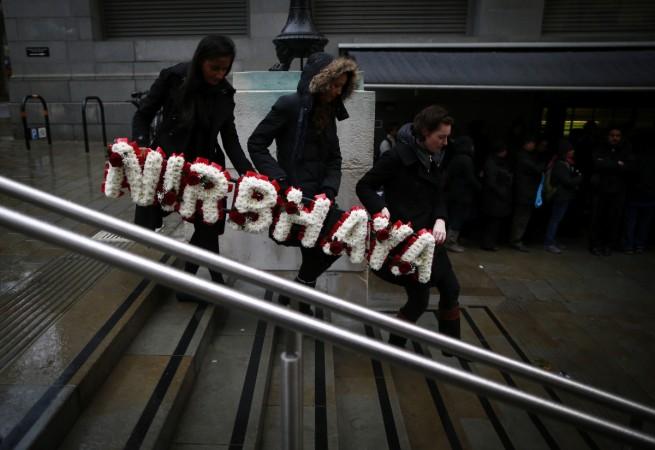
The December 16, 2012, Delhi gang rape case saw a fresh turn when senior advocate Sanjay Hegde, who had been appointed amicus curiae by the Supreme Court to look into the matter, said recently in an interview that the evidence on which the four surviving convicts were given the death penalty is questionable.
The case, whose victim Jyoti Singh was rechristened Nirbhaya by a leading Indian daily — a name that has stuck since then, has seen a number of twists and turns, including one of the five original convicts committing suicide in jail. The lawyers who fought the case on behalf of them were also slammed by many for making claims like the brutal rape was planned by Singh's male companion, whose testimony was key to the conviction.
However, now Hegde has questioned this testimony and many other pieces of evidence the prosecution had put forward that led to the conviction and subsequent awarding of the death sentence to the four people who were initially accused of gang-raping Singh, brutalising her with an iron rod, beating up her male companion and leaving them by the roadside in Delhi on the night of December 16, 2012. She would succumb to her injuries after a few days.
Anomalies in statements
Hegde was quoted by a News 18 report as postulating that only one of the convicts might have committed the crime, and the others might have become embroiled in it. He has also raised questions on the discrepancies between the statements of Singh from her deathbed and her male companion.
In fact, he told News 18: "For instance, the statement of the deceased's friend which was of primary importance is discordant. His statement kept on improving and was embellished as if done to strengthen the prosecution's case."
Hegde claimed that the statement changed from the first FIR on December 17 to the update two days later. "He stated for the first time that Mukesh came and hit him with the rod and then went to the back and raped Nirbhaya. He also states for the first time that the bus slowed down, then driver changed," said the amicus curiae — literally a friend of the court, but actually an independent learned person who helps the court understand nuances of specific cases.
Evidence gathering, dying declaration also suspect
Hegde also said about the evidence gathered by the police in the case: "A closer examination of the recoveries will reveal that they themselves are suspect. Seizure memos are unsigned by independent witnesses, despite the fact that this was a case in which there was considerable public interest."
He also said that Singh had in her initial declaration not been able to identify any of her attackers by name, but managed to name all of them the second time, and added another name the third time round. Hegde concluded that the discrepancies made her dying declarations "collectively unreliable evidence, recorded to fit the prosecution's version of the events."














